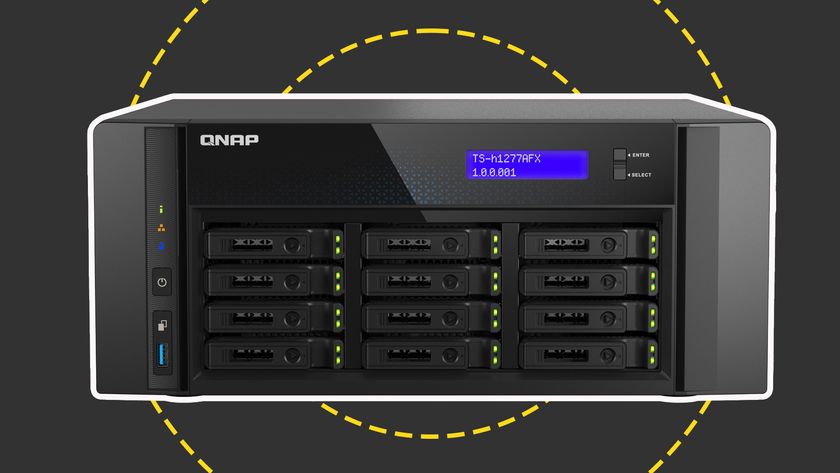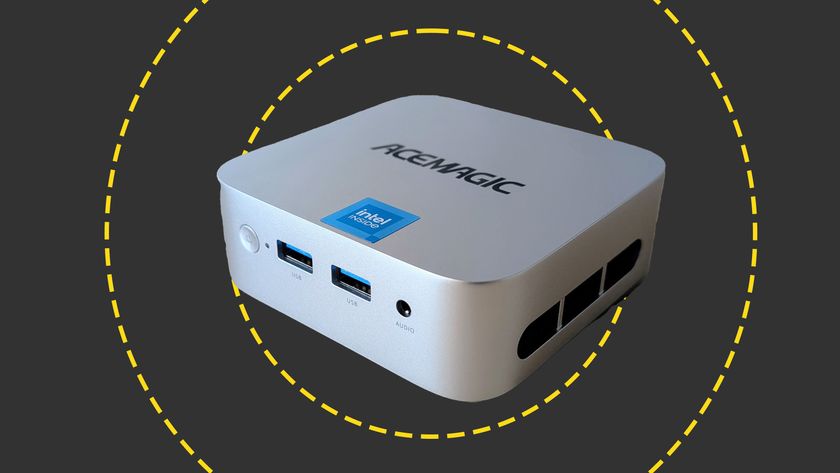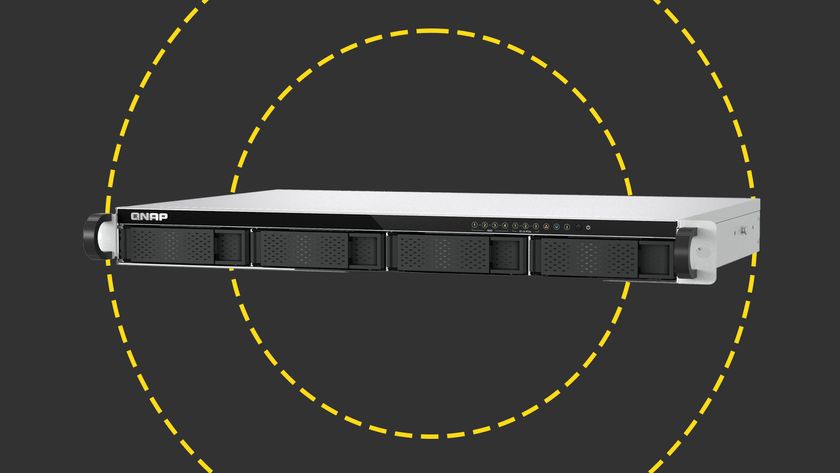The policy creation page presents four main headings for anti-spam and anti-virus, content control, email and web traffic. URL filtering comes under the HTTP heading and offers 54 categories to block, allow or leave undefined.
Anti-virus and anti-spyware measures are handled efficiently by Kaspersky which allows you log, reject or quarantine suspect email or web downloads and send notifications to administrators and users. A valuable feature is HTTPS scanning is included as standard and you can allow or deny this traffic at any policy level.
For the best anti-spam performance, the appliance likes to learn about what is acceptable. We used the quickest method by importing a live Outlook inbox from the web interface. Annoyingly, the appliance only supports the mbox format so we had to use Mozilla's Thunderbird to convert the PST file before we could use it.
We then left the appliance filtering live email for a week and saw some impressive results. Overall effectiveness was very good with the appliance scoring a 99.5 per cent success rate. Three spam scores are used to place suspect messages in Definite, Probable and Maybe categories and we saw no false positives with the first two scores.
However, the Maybe score threshold will almost certainly have to be increased as on the default setting we recorded a 38 per cent false positive rate. It's here that the unintuitive web interface gets in the way as these settings are difficult to find.
Dave is an IT consultant and freelance journalist specialising in hands-on reviews of computer networking products covering all market sectors from small businesses to enterprises. Founder of Binary Testing Ltd – the UK’s premier independent network testing laboratory - Dave has over 45 years of experience in the IT industry.
Dave has produced many thousands of in-depth business networking product reviews from his lab which have been reproduced globally. Writing for ITPro and its sister title, PC Pro, he covers all areas of business IT infrastructure, including servers, storage, network security, data protection, cloud, infrastructure and services.











